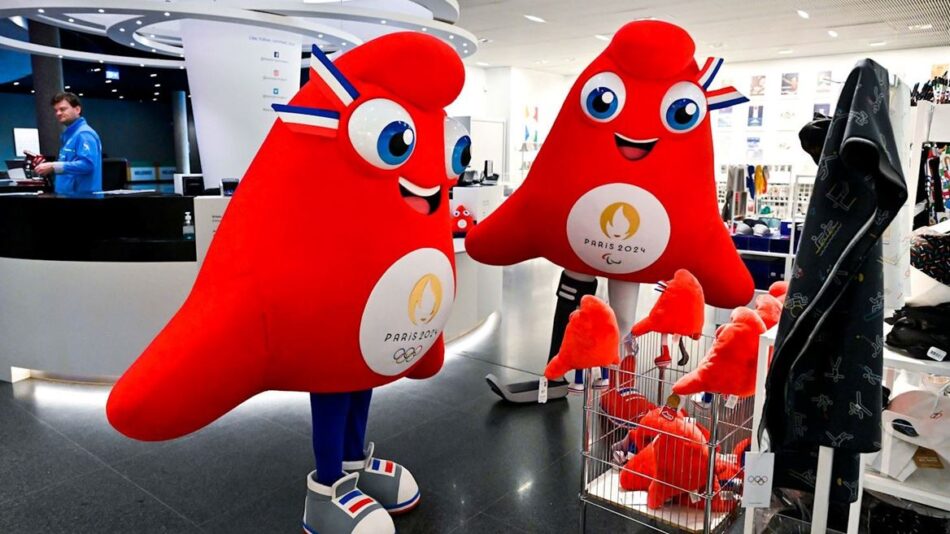IOC puts robust anti−counterfeiting efforts in place to protect consumers and maintain athlete support ahead of Paris 2024

29 July 2024 – The International Olympic Committee (IOC) and the Paris 2024 Organising Committee, with the support of the relevant authorities and key actors, are taking strong action to fight against intellectual property (IP) infringements, including counterfeit Olympic-branded merchandise. These efforts are vital to protect consumers, and ensure that the revenues generated from official merchandise sales can continue to support the development of sport and athletes worldwide, as well as the preservation of the integrity of the Olympic brand.
Among the counterfeit items most commonly identified are apparel and products featuring the official mascots of the Games. These and other counterfeit products not only undermine official merchandise and the rights of commercial partners, but can also pose safety risks to consumers due to substandard materials and manufacturing processes.
The IOC’s comprehensive anti-counterfeiting programme includes advanced authentication and traceability technological measures, allowing buyers to easily verify the authenticity of Olympic and Paralympic-branded merchandise. These measures are designed to be consumer-friendly, ensuring that every purchase supports athletes and upholds the high standards of the Olympic Movement.
“Our aim is to support consumers to ensure they are protected and have the reassurance they are accessing high-quality, official merchandise. Importantly, through our solidarity funding model, the revenue generated through the sale of official licensed products supports our efforts in giving back 90 per cent of our revenues to athletes and sports development worldwide. This amounts to USD 4.2 million daily. This contribution is particularly important in regions that solely depend on solidarity funding from the IOC.”

Anne-Sophie Voumard – Managing Director, IOC Television and Marketing Services
Collaborating closely with international law enforcement agencies and anti-counterfeiting associations, the IOC has strengthened its efforts to detect and intercept counterfeit goods before they reach the market. For example, in 2023, the IOC enhanced its partnership with the World Customs Organisation and joined the European Commission’s Memorandum of Understanding on the Sale of Counterfeit Goods on the Internet, significantly bolstering its ability to combat online sales of fake merchandise. As part of its activities, the IOC provides regular training to law enforcement authorities around the world to facilitate the detection of Olympic counterfeit products. In preparation for the Olympic Games Paris 2024, more than 20,000 law enforcement officials have been trained for that purpose.
The revenues generated through the sale of official merchandise provide important funding for the IOC’s various athlete support programmes and the development of sport globally. These include Olympic Solidarity Scholarships, which help athletes train and compete at the highest levels, and initiatives like Olympism365 and Athlete365, which provide continuous support and development opportunities for athletes globally. Purchases of unofficial merchandise deprive these programmes of essential funding.
Just a few days before the start of the Olympic Games Paris 2024, the IOC and the Paris 2024 Organising Committee are executing a multifaceted plan to protect the Olympic and Paralympic properties and the rights of partners and licensees. The plan aims to also prevent the unlawful resale of tickets and hospitality packages, ensuring that fans enjoy a safe and genuine Olympic experience. With these measures, the IOC and the Paris 2024 Organising Committee reaffirm their commitment to protecting consumers and safeguarding the rights of their commercial partners.





